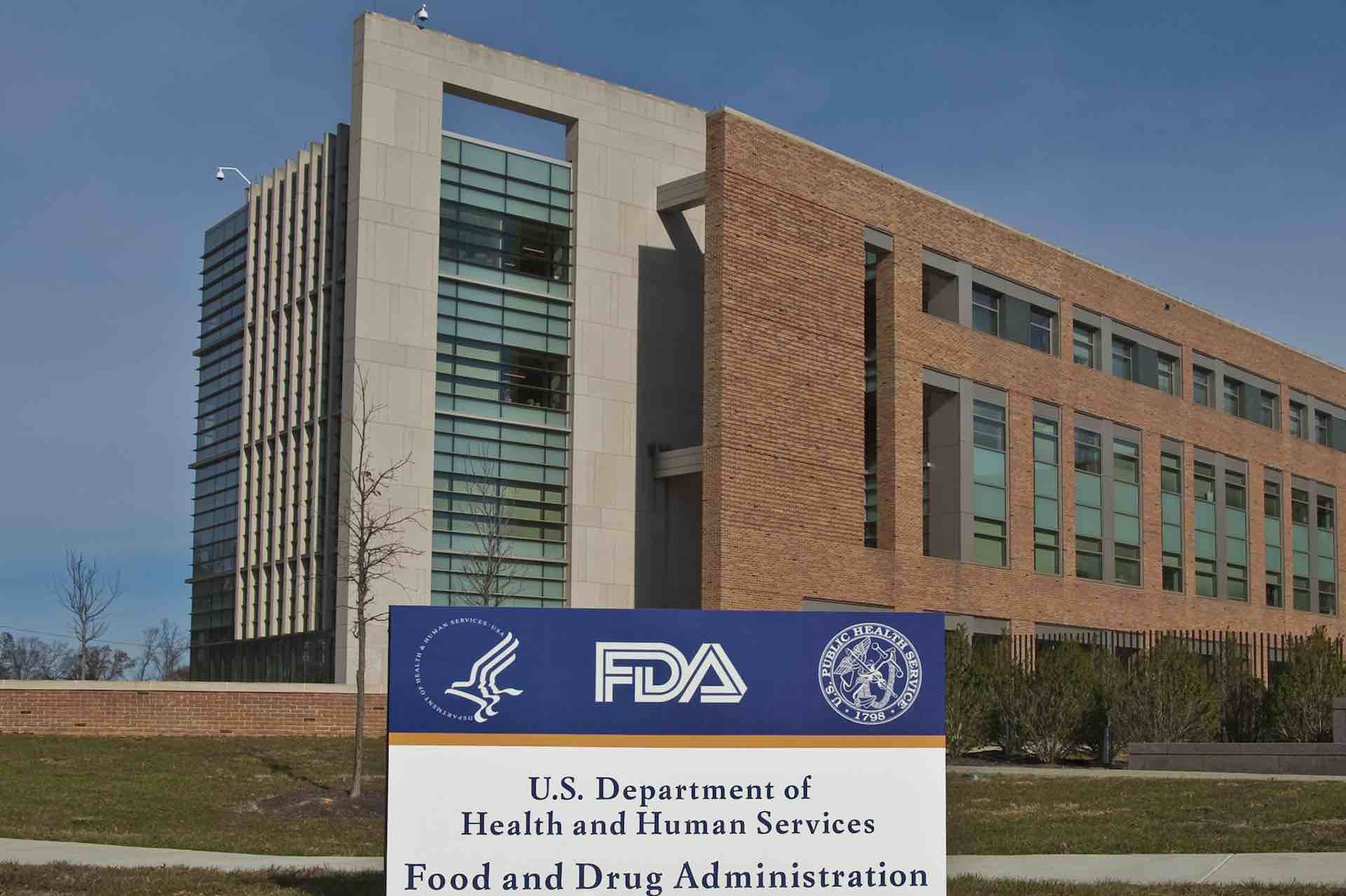The U.S. Food and Drug Administration (FDA) has granted approval to Prenosis’ groundbreaking artificial intelligence-powered diagnostic tool for sepsis, marking a significant milestone in the realm of healthcare technology. Sepsis, a life-threatening condition triggered by the body’s extreme response to infection, has long posed diagnostic challenges to medical professionals. With over 350,000 adult fatalities annually in the United States alone, according to the Centers for Disease Control and Prevention, timely diagnosis is crucial due to the rapid deterioration sepsis patients can experience.

Prenosis’ innovative solution, named Sepsis ImmunoScore, leverages 22 distinct parameters such as temperature, heart rate, and cell counts to provide clinicians with a comprehensive assessment of sepsis risk. Unlike traditional methods that require individual monitoring of these parameters, Sepsis ImmunoScore utilizes AI to simultaneously evaluate all indicators, generating an overall risk score and four risk categories indicative of patient deterioration likelihood.
The development of Sepsis ImmunoScore was underpinned by Prenosis’ Immunix platform, which drew upon a vast dataset comprising over 100,000 blood samples from 25,000 diverse patients. Integrated seamlessly into electronic health records, the tool facilitates easy accessibility and utilization by healthcare professionals. Notably, clinicians utilizing Sepsis ImmunoScore will have visibility into the specific parameters contributing to the risk score, enhancing transparency and clinical decision-making.
Securing FDA approval via the De Novo pathway marks a significant achievement for the Chicago-based startup, affirming the novelty and efficacy of its AI diagnostic tool. While Prenosis leads the charge in FDA-approved sepsis diagnostic AI, other entities have also ventured into similar terrain. Johns Hopkins University, for instance, has developed an AI system aimed at early sepsis detection, exhibiting promising outcomes in detecting sepsis symptoms ahead of traditional methods.
Meanwhile, Epic Systems, a prominent healthcare software vendor, has faced scrutiny over its AI-powered sepsis prediction tool. Despite widespread adoption, studies have raised questions about its performance, prompting the company to revamp its model. In contrast, Prenosis prioritized collaboration with regulatory bodies to ensure the safety and effectiveness of Sepsis ImmunoScore, illustrating its commitment to responsible innovation.
The FDA’s updated guidance underscores the importance of regulatory oversight in the development of medical software, particularly for life-threatening conditions like sepsis. Prenosis’ rigorous 18-month endeavor to demonstrate the tool’s safety and efficacy reflects a dedication to upholding regulatory standards. With FDA approval secured, Prenosis is poised to embark on further studies to validate Sepsis ImmunoScore’s accuracy and influence on clinical decision-making, heralding a new era in sepsis management.
